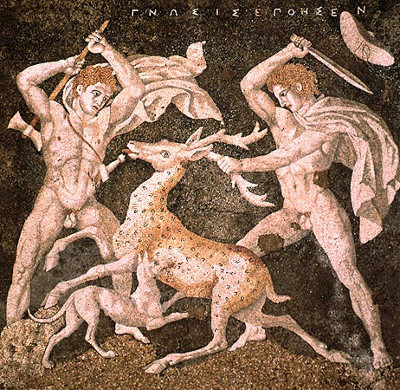![]()
In the 18th century Jeremy Bentham proposed building a circular prison in which well-lit cells face a central “inspection house” where a single watchman dwells. Because the prisoners can’t see the watchman, they never know when they’re being watched and so must constantly police their own behavior.
Bentham called this “a mill for grinding rogues honest” and listed the benefits in the preface to a 1791 book: “Morals reformed — health preserved — industry invigorated — instruction diffused — public burthens lightened — Economy seated, as it were, upon a rock — the gordian knot of the poor-law not cut, but untied — all by a simple idea in Architecture!”
He was so taken with the idea that he proposed putting it into practice himself. “Allow me to construct a prison on this model,” he wrote to the Committee for the Reform of Criminal Law. “I will be the gaoler. You will see … that the gaoler will have no salary — will cost nothing to the nation.” He spent much of the 1790s pursuing the project, but he couldn’t find enduring support for it and nothing was ever built.
(Thanks, Anna.)
11/27/2016 UPDATE: Cuba built one. (Thanks, Saber.)




